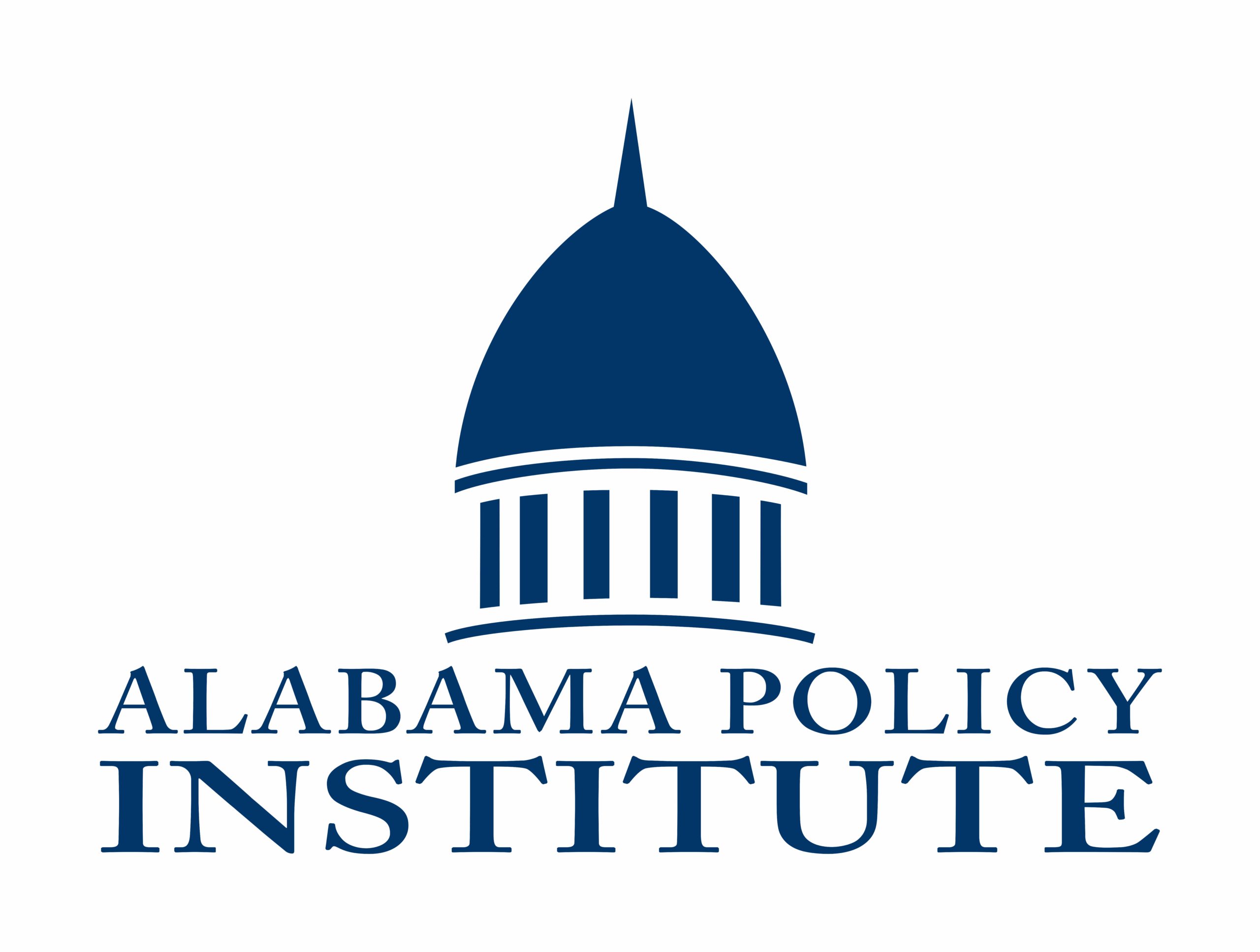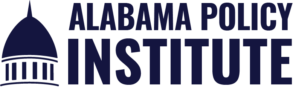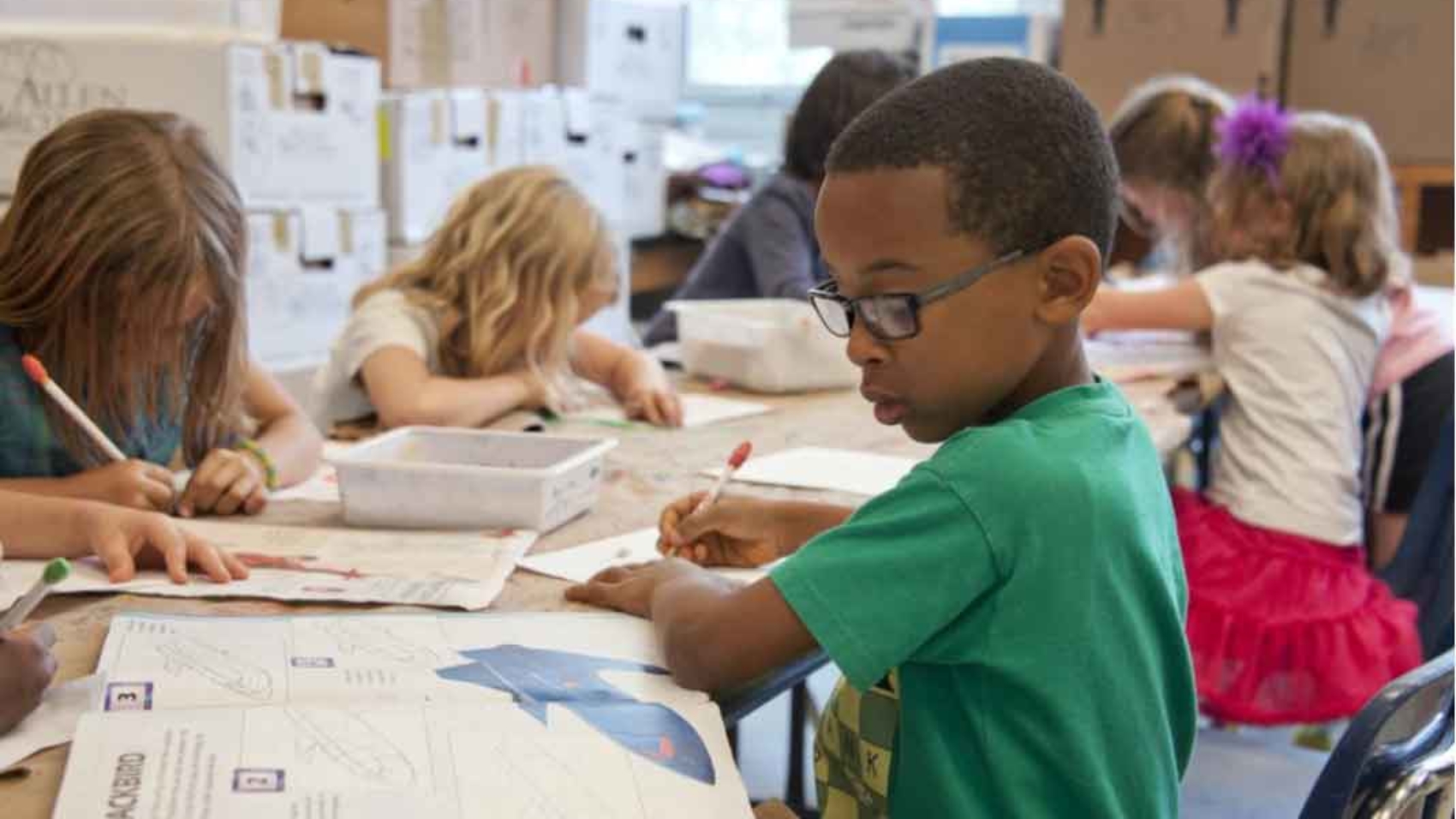I grew up in poverty. I know what it’s like to be without electricity and to move because the rent is past-due. I’ve lived the struggles, the poverty that limited opportunity brings.
I was one of the students you hear about on TV who receive a free or reduced-price lunch. I saw my single mother of three boys work tirelessly and do her best only to struggle to pay the bills and meet our needs.
Statistics say I am supposed to live in poverty in adulthood and will perpetuate the cycle for another generation.
But statistics, thankfully, aren’t absolute.
I am blessed: despite my family’s socio-economic status during my childhood, I received a quality public education.
The nurture of dedicated teachers and quality instruction expanded my mind and opportunities. Instead of being in the shadows, I was given the opportunity to step into the light.
I served in student government, won numerous mock trial and speech and debate awards, and was a two-year commander of our school’s JROTC program. Nearing my high school graduation, I received scholarships, grants, and other funds which allowed me to receive a debt-free college degree and become a first-generation college graduate.
Now, nearly twenty years after my high school graduation, I hold three degrees (currently I’m pursuing my fourth and final one). I have established a career that has led me from the halls of historic courthouses, to serving in the Alabama governor’s office, to working on political campaigns of all types across the entire country.
I am proud that, despite the statistics, my son will never experience the effects of poverty that I did.
Quality education changed my economic realities, my outlook on life, and my future.
Every child deserves the chance to realize their dreams and to chart their future like I have been able to, and that requires quality educational choices.
Recently my wife sent me on a shopping trip to our local warehouse club store to get, among other things, bottles of water. Once I found the water aisle, I was immediately overwhelmed.
There were little bottles and big bottles; flavored water and carbonated water; water with added nutrients and straight from the source artisan water. I suspect to the shoppers around me I looked like a deer in headlights.
Later that day as I placed the water in the refrigerator, I had a thought: if water comes in so many varieties, why can’t there be a multitude of choices when it comes to education?
Unfortunately, because of a lack of choice, our current public education system is failing and is dead last – number 52 – in the country. Students are graduating yet they can barely read, struggle with basic math, and are unprepared to succeed in college, at a technical school, or in the workforce.
COVID-19 has further highlighted the weaknesses in our education system.
Some schools are online only, some in-person only, while others are operating in a hybrid format. Students and parents are overwhelmed with a lack of information, consistency, and leadership. Parents feel like decisions about their child’s education are being made only with the consideration of what is best for the “system” with little attention paid to the student’s needs.
Some students need person-to-person interaction both to foster their learning and their emotional health. Some have the discipline and attention span to utilize online learning, while others don’t. Some can excel in small groups of students – known as pods – which gather in a home in their neighborhood, while some don’t live in an area conducive to this approach. For others, extracurricular activities, which rely on in-person attendance, are the only avenue through which they might be able to attend college and thus change the direction of their future.
During normal times, and especially during a crisis, a one-size-fits-all approach to education doesn’t work.
Students and parents–not government bureaucrats–should be in control of a student’s educational journey. A student’s education, and his or her future, shouldn’t be determined by their zip code.
Options in education are vital to both the academic success and overall development of our children. Making and relying on excuses, whether related to COVID-19, budgetary restrictions, or a perceived lack of resources, is unacceptable.
Recently, the Alabama Charter School Commission approved two new charter schools, bringing the total number of approved charter schools to seven state-wide (a good start – but not enough). Charter schools, by design, eliminate big-government inefficiencies, allow for individualized learning, and reward the most effective teachers. They have proven to be effective our neighboring states of Florida, Georgia, and Mississippi.
Charters, like anything in this life, aren’t perfect. But, like the hunter who plans on taking just one shot but still carries a quiver full of arrows, charter schools are just another tool to help in the quest of providing educational choices to every child in Alabama.
There is more that can be done. Ultimate flexibility in choosing where one goes to school is ideal. But, for now, we must make use of and expand access to the options we have now like charter schools and scholarships offered under the Alabama Accountability Act.
Educational options which offer opportunity. That’s what our children need and deserve.
Somewhere in Alabama sits a young boy or girl who dreams about a future in which their hard work and determination lift them out of poverty. Somewhere there is a child who just needs the right tools, the right educational options, to succeed.
If we offer them a quality education – one with lots of options – who knows what that little boy or little girl might do one day?
Perhaps he or she will write an article that you will read.
Trust me, I’ve been there and written that.


